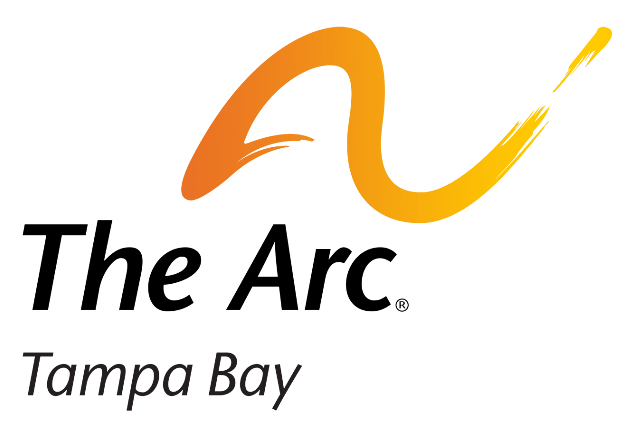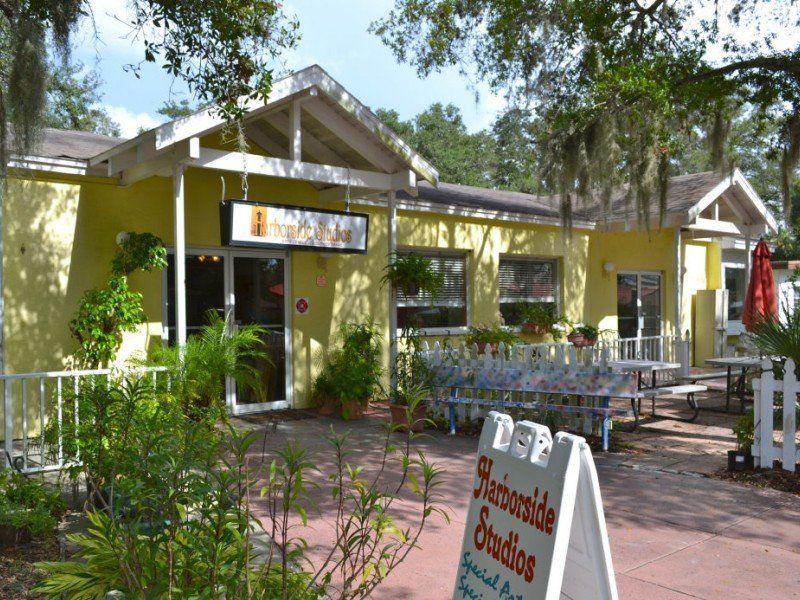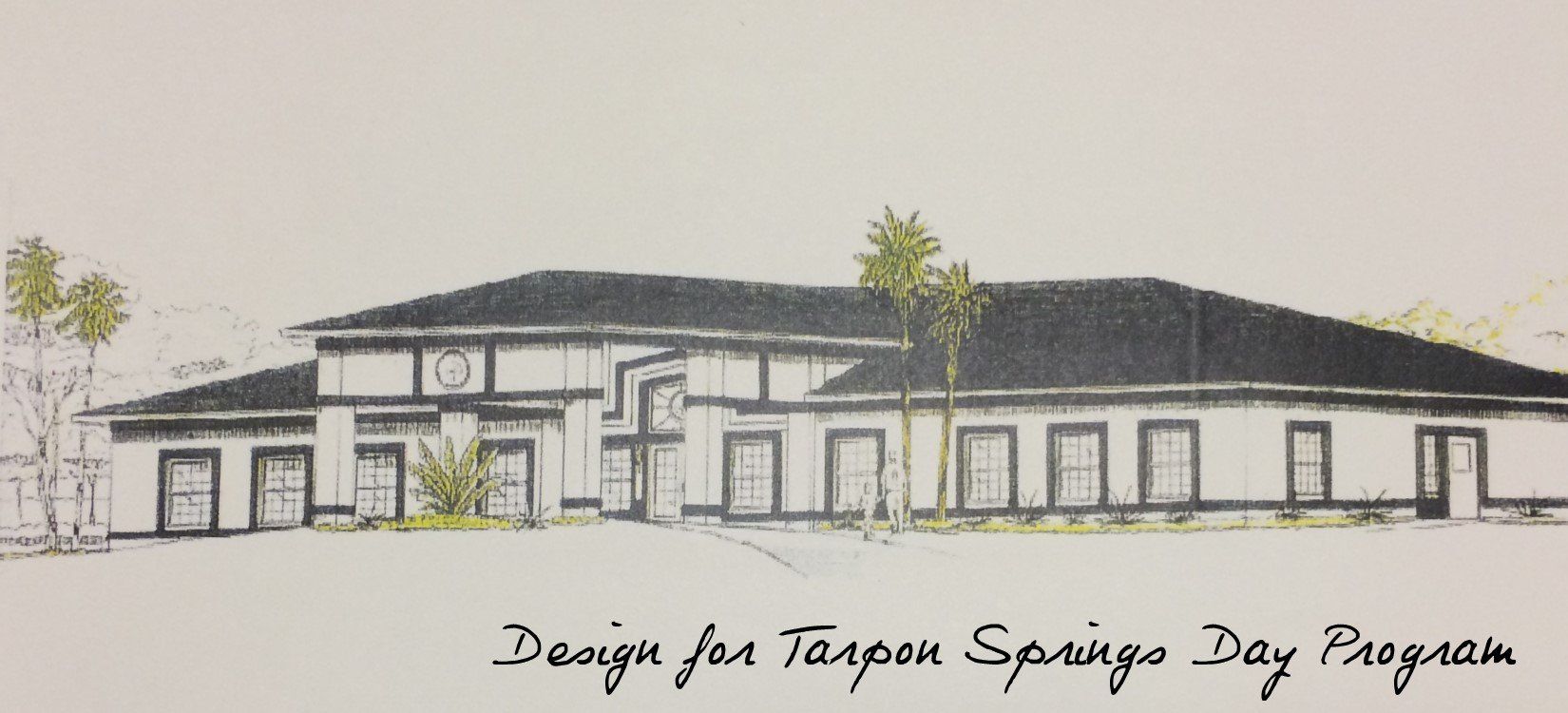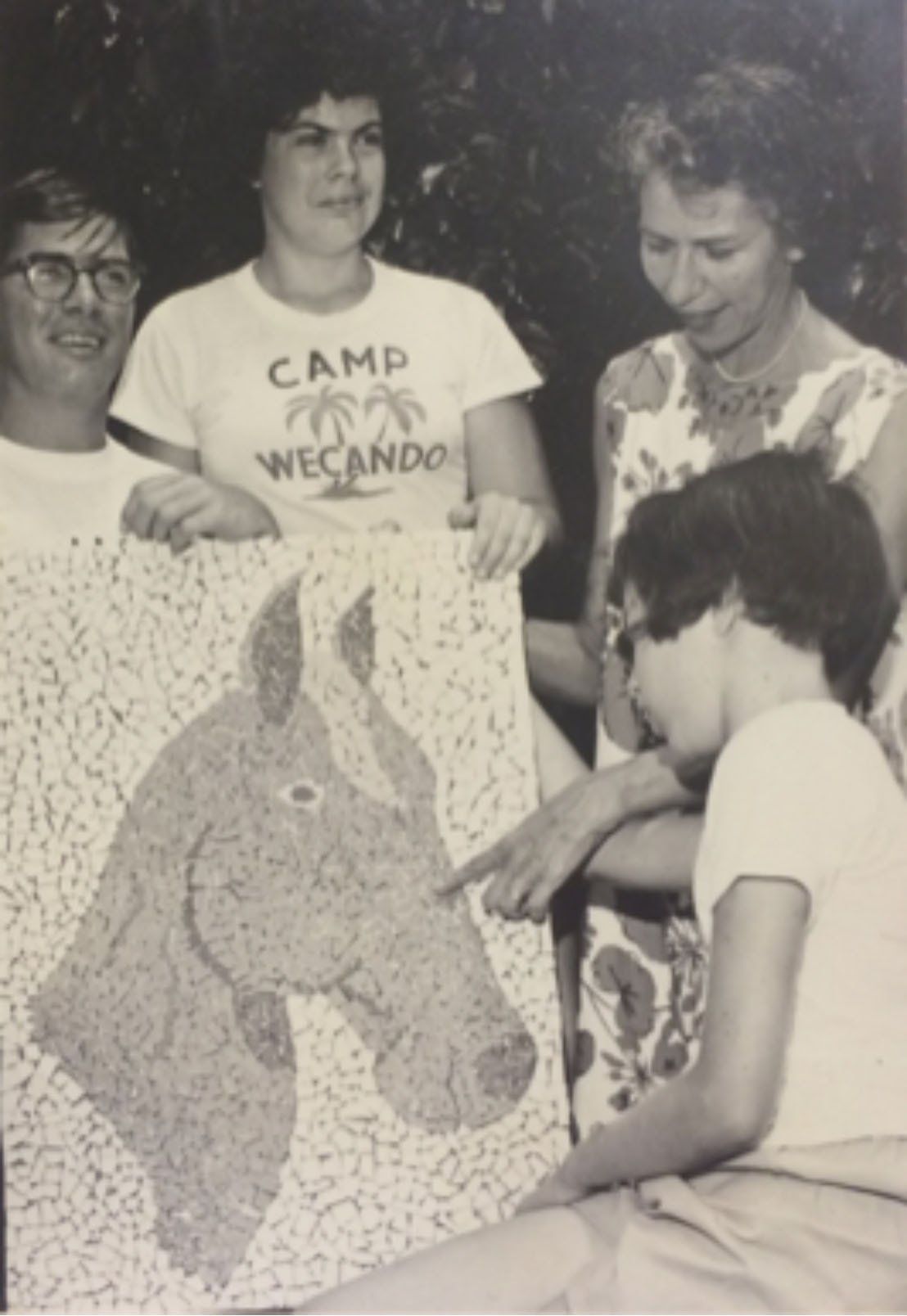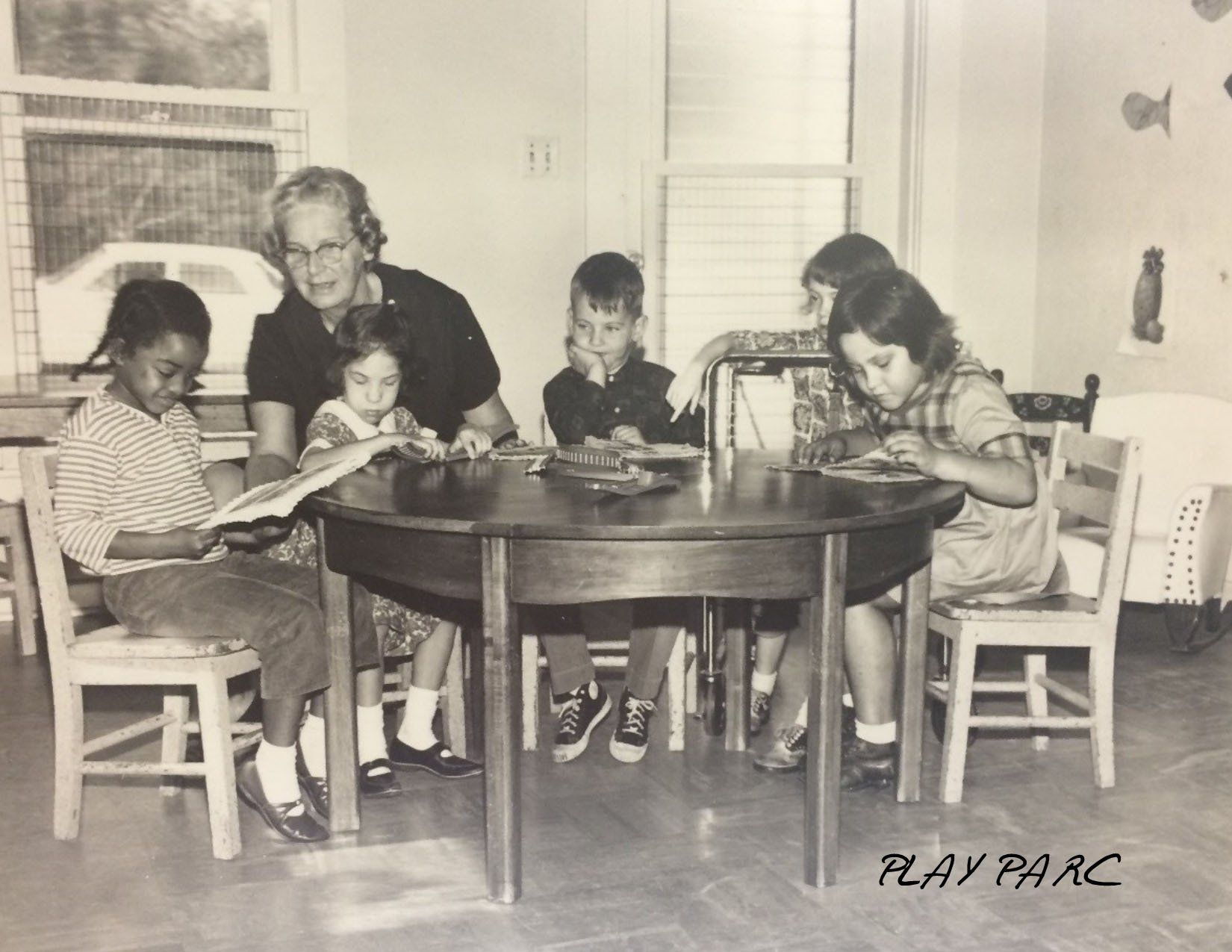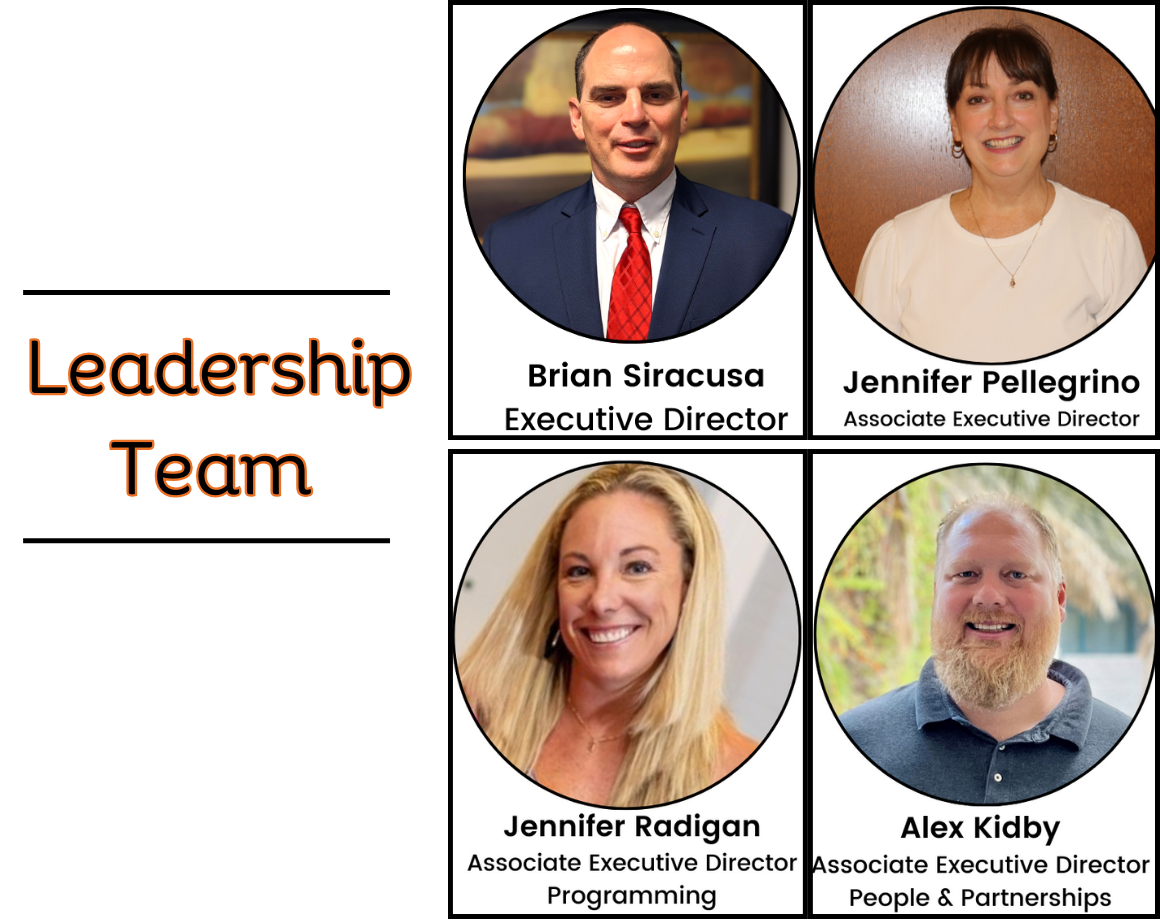About The Arc Tampa Bay
The mission of The Arc Tampa Bay is “To support and empower people with intellectual and developmental disabilities.”
The Arc Tampa Bay has a long history of advocacy efforts in support of our mission. As a service provider for individuals with intellectual and developmental disabilities for 61 years, The Arc Tampa Bay has been a key affiliate member of The Arc of Florida. Affiliate members have a voting seat on The Arc of Florida Board and are affiliated with The Arc of the United States. Thank you for your interest in our organization. We invite you to learn more about the history) of our organization and the services we provide in support of our mission.
Present Day (2015-2019)
The Arc Tampa Bay began 2015 with a new brand and a new call to action. In January 2015, our organization formally adopted a name change to The Arc Tampa Bay. A great deal of thought went into the change. Founded as the Upper Pinellas Association for Retarded Citizens, usage of the word “retarded” has developed such negative connotations for the persons served, compelling us to revisit our name. In 2010, we had legally changed our name to UPARC, Inc. For many of our stakeholders and the broader community, there was a lack of clarity with that name for people unaware of our history. As a long term chapter of The Arc of Florida and The Arc US, we decided to rebrand in a manner consistent with the state and national brand. As a leader in the state, we felt for the brand to grow, it was important for us to do our part and embrace this change.
The Arc Tampa Bay supports the adoption of the terms intellectual disability and developmental disability as the term mental retardation is demeaning to those being served. The term remains in use in the medical field and is referenced in many state laws. The name change to “The Arc” encapsulates The Arc Tampa Bay’s path forward.
In the past twenty years, the service delivery system has changed drastically providing us with the opportunity to serve people throughout the state of Florida, not solely Pinellas County. As we take transformative steps and continue to advocate for quality service delivery, creative collaborations, impactful legislative action and adequate funding, we invite individuals, agencies and corporations to “Achieve with Us.®”
Fiscal Challenges (2003-2014)
Within ten years of relocating to the Long Center, difficult financial challenges were facing UPARC, its clients and its families. In 2003, UPARC’s budget was almost $16 million with 80% of the funding coming from the Agency for Persons with Disabilities and the balance raised by the UPARC Foundation. Each successive year became more difficult as the agency was challenged with ongoing budgetary decreases. By 2003, the overall reimbursement rates from APD had declined by 14%.
In 2014, UPARC’s operating budget had decreased to a little less than $11 million. During this period, UPARC ceased providing supports to children from 0-5 years of age, who were a catalyst for the creation of the agency, due to a change in Federal philosophy.
Years of Growth (1979-2000)
With the agency continuing its accelerated growth during the 70’s and 80’s, UPARC leadership strived to ensure the financial stability of the organization to protect its assets and plan for future sustainability. A second body, the UPARC Foundation, was established in February 1979, founded by Dr. William E. Hale as a separate 501 (c)(3). Demand for services continued to grow but funding sources presented an obstacle to expansion. Local leaders envisioned a multi-agency community facility. The dream became a reality in 1990 with the construction of the Long Center in Clearwater, Florida. At the Long Center, UPARC was given access to over 75,000 square feet of office and program space for educational and recreational opportunities – including indoor basketball courts and proximity to an Olympic-sized swimming pool. The location also afforded UPARC with ability to participate in Clearwater sponsored events and activities. By the end of the 90’s UPARC had grown to 32 group homes and expanded it’s day program sites to locations in Safety Harbor and Tarpon Springs.
Housing Needs (1975-1983)
Lack of housing options led to the formation of a “spin-off” group in the spring of 1975, dedicating their efforts to meeting the need for housing for individuals with intellectual and developmental disabilities. This group, The Resident Home Association, opened its first residence on Ridgelane Road in Dunedin in 1976. After opening three more group homes, the Resident Home Association merged with UPARC in October 1983, expanding the agency’s continuum of service to 24- hour care.
Early History (1958-1972)
The Arc Tampa Bay (historically known as the Upper Pinellas Association for Retarded Citizens) was founded in 1958 with the banding together of a small advocacy group known as Parents and Friends of the Retarded. Unable to find services for their children, these six families began meeting in an old Clearwater city building on the bluffs where Clearwater’s City Hall is presently located. Several years later, they moved to a small, rented office space on Ponce de Leon Street. This was the advocacy group’s headquarters for several years. Pioneer programs such as Camp “We Can Do” originated from this location under the stewardship of Janna Capwell.
With demand for services growing in northern Pinellas County, the group realized the need to affiliate with The Arc of Florida (Formerly FARC) and the Arc of the United States (Formerly NARC). The Upper Pinellas Association for Retarded Citizens (UPARC) was officially formed with the presentation of their petition for membership to FARC by UPARC Board Member Marion Smith. UPARC was chartered as a unit of FARC and NARC on May 11, 1962 with formal incorporation occurring in 1963.
In 1968, UPARC’s first Executive Director, Bob Vellekamp, was hired and the agency moved into a small wooden building on the grounds of old Clearwater High School. An old Quonset Hut building on Betty Lane was used for a workshop. During this formative decade, UPARC expanded programs by merging with Play Parc School, a community service program provided by the Junior League offering preschool services for children with developmental disabilities. Play Parc operated on the grounds of a small residential-type building on Prospect Street in Clearwater. With programs continuing to grow, fundraising efforts assisted with the acquisition of a new program site at Calumet Street. With construction completed in June of 1972, UPARC found their first real home.
